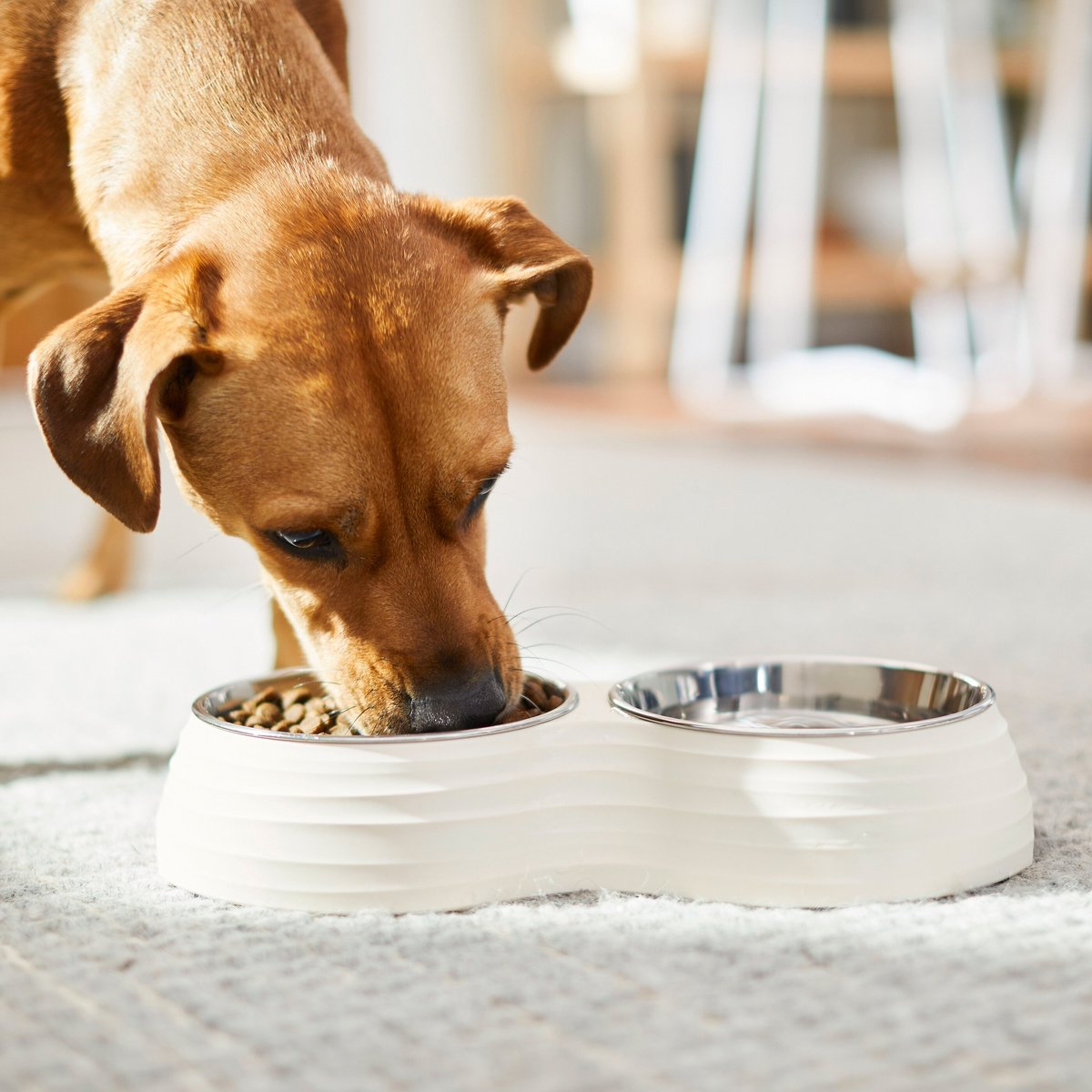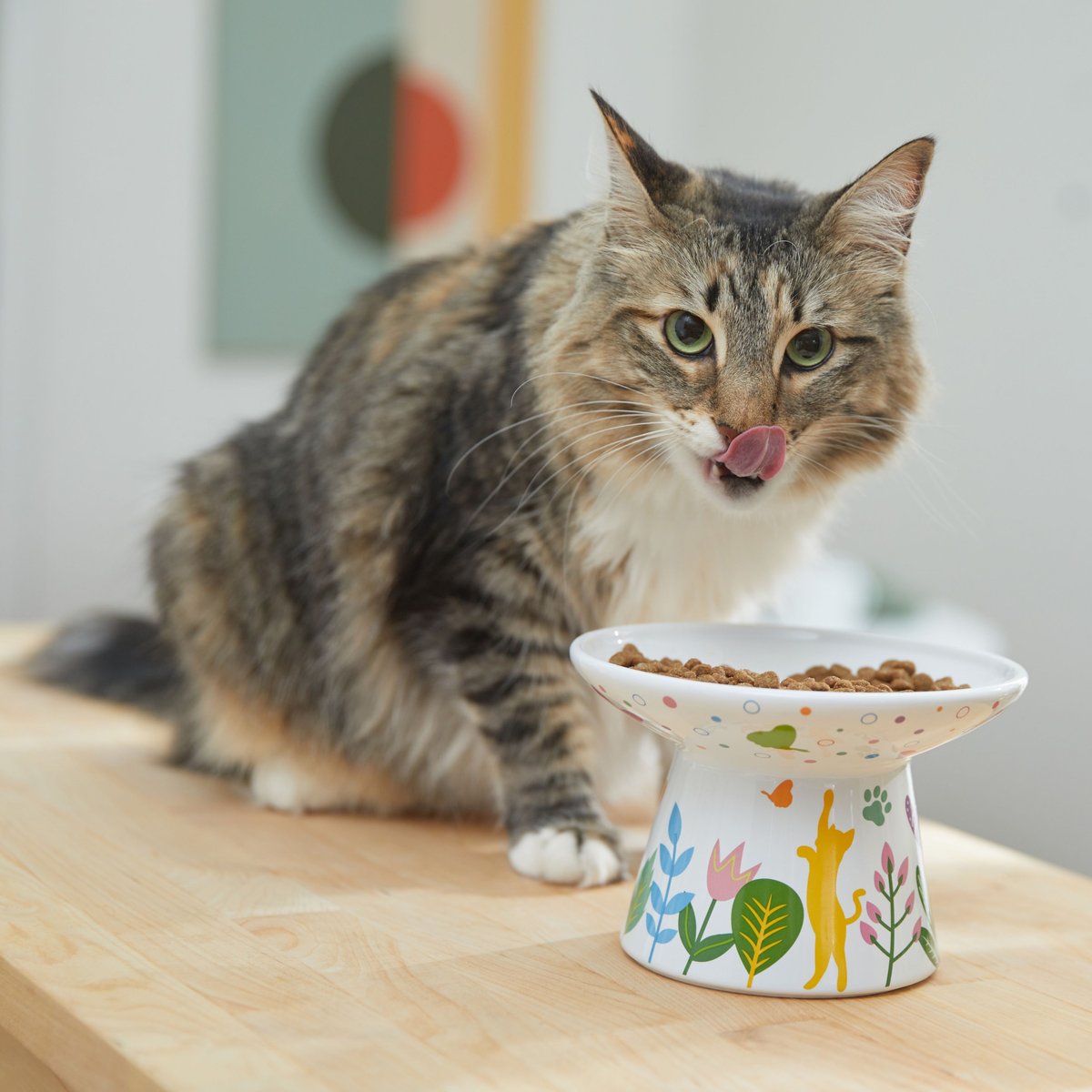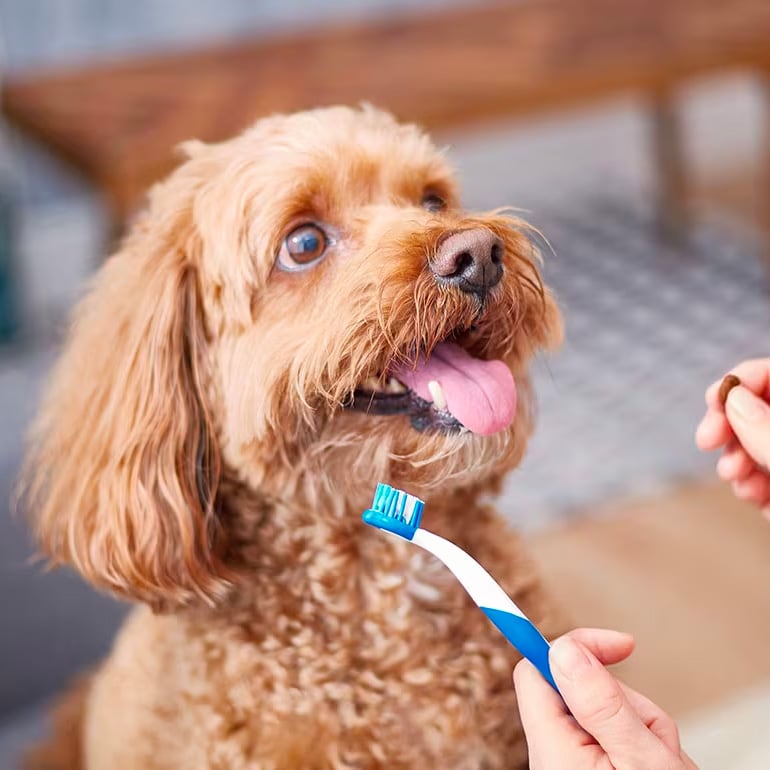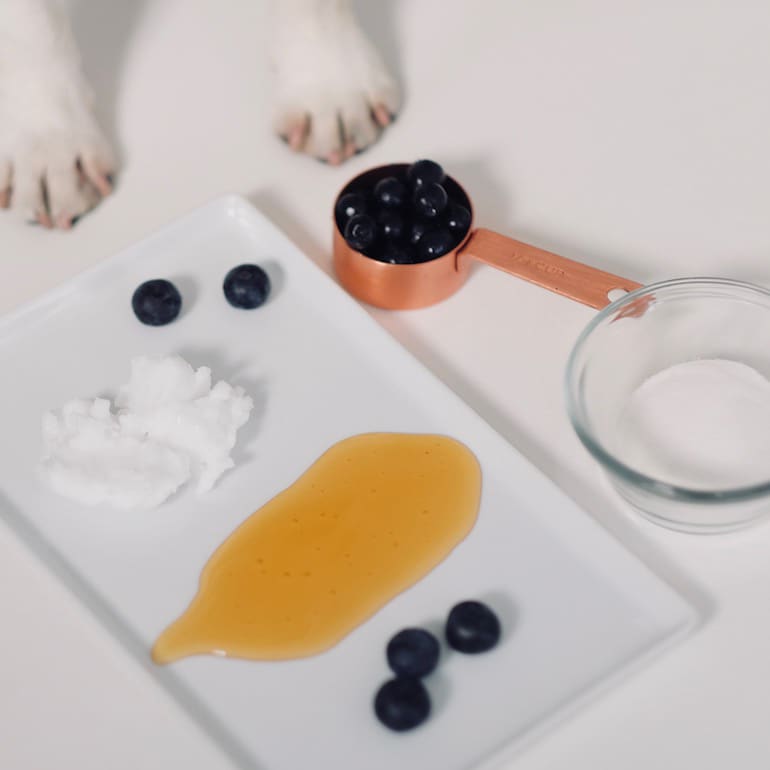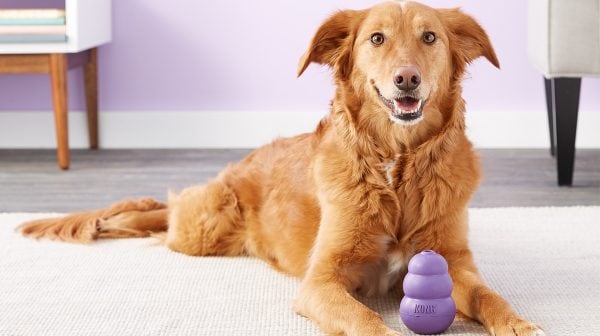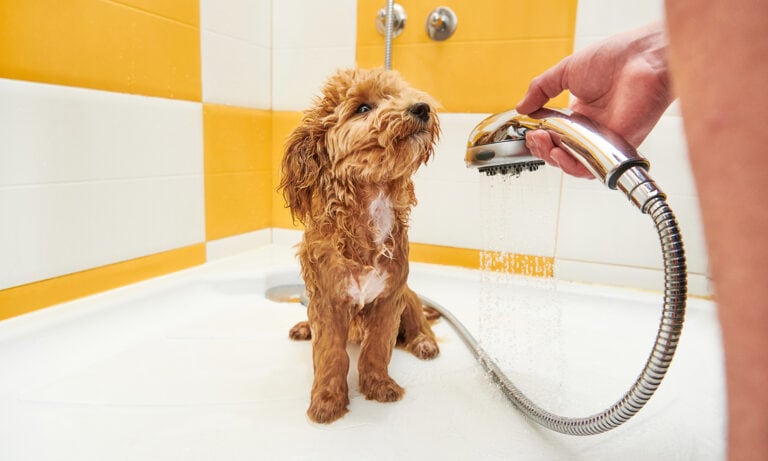A pet parent’s superpower is unconditionally loving their pet and doing their very best to provide the things their pet needs.
For some, that means putting a dog bed in every room (hey, a pup needs choices!). For others, it entails happily spending a few extra minutes in the cat food aisle as they read through every ingredient on the packaging (kitties deserve only the best, after all). But for all of us, it means doing anything we can to ensure our pet lives a long, healthy, happy life.
That’s why it’s so important to consider every aspect of a pet’s health and provide pet wellness care throughout your journey together.
We created a comprehensive Pet Wellness Guide to provide tips, tricks, and helpful checklists that’ll help boost your pet’s wellness—through every stage of their life.
Consult with your veterinarian before introducing any new foods or supplements to your pet.
Eat
Click on the links to read more.
Loaded with high-quality ingredients such as protein, amino acids, fatty acids and vitamins and minerals, high-quality food meets the nutritional standards set forth by the Association of American Feed Control Officials (AAFCO), which is essential for any dog or cat food.
Of course, what you feed your pet—and how much you feed your pet—depends on their life stage, too. Kittens and puppies need additional calories, protein, healthy fats and minerals, while senior pets’ diets tend to have a lower caloric content.
Consult with your veterinarian to make sure you are feeding your pet appropriately.
Sleep
Click on the links to read more.
For dogs...

The Best Dog Beds for Comfy Cuddles and Catching All the Z’s
Best Calming Aids for Dogs to Ease Stressful Situations and Keep Your Dog Calm
For cats...
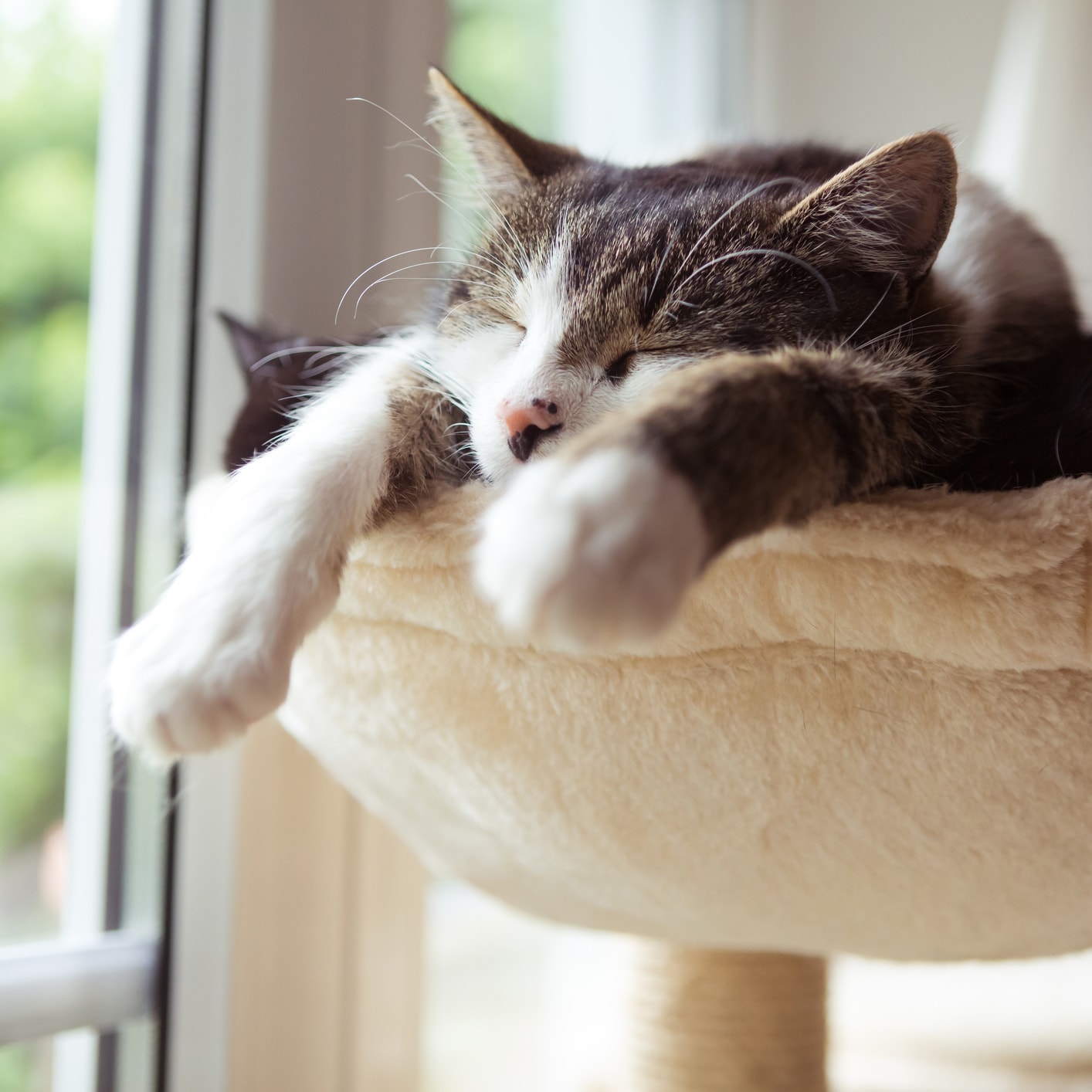
Bring On All the Cat Naps With the Best Cat Beds
The Best Cat Calming Aids to Help Soothe Your Feline Friend
For both!
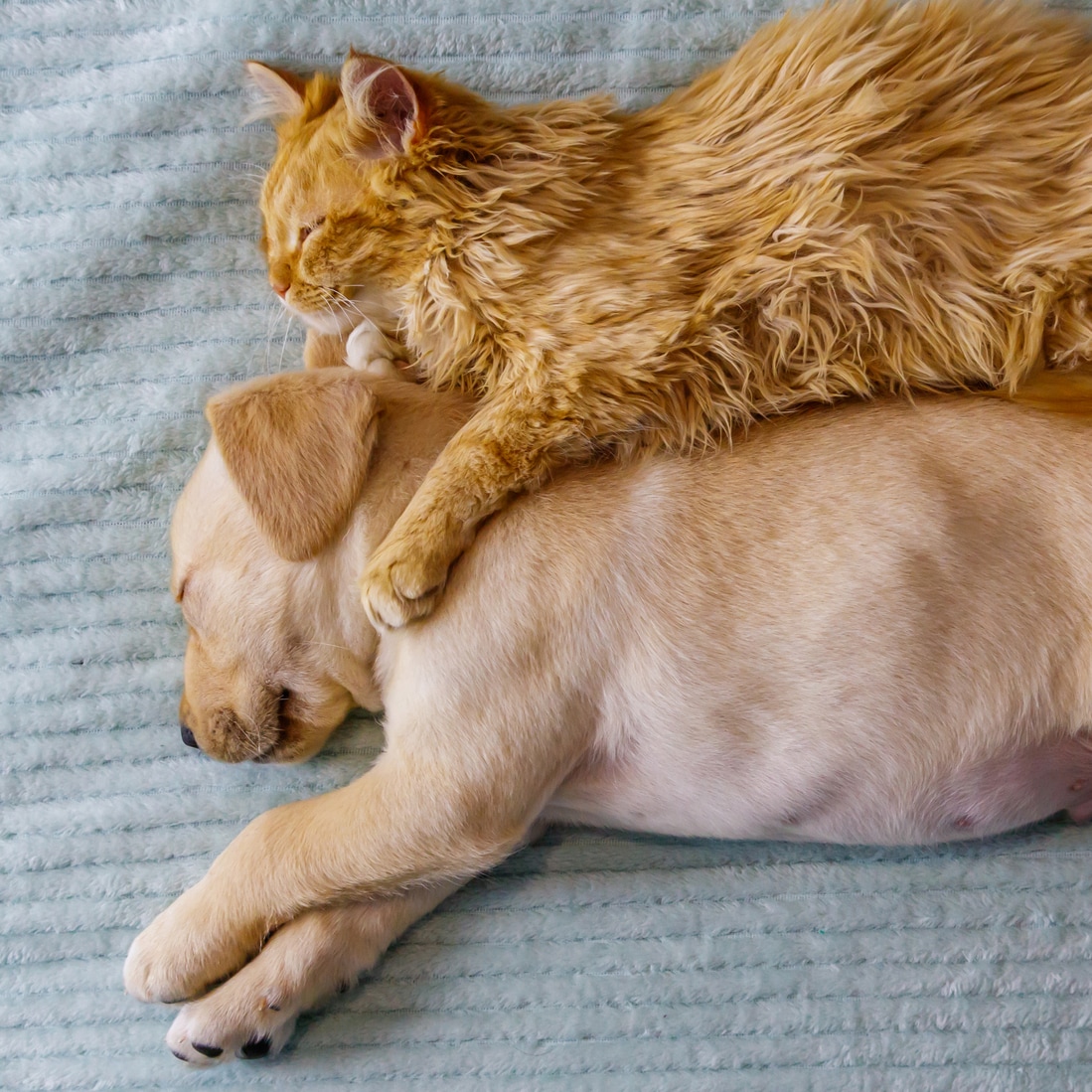
How Calming Music for Dogs and Cats Works (And Our Favorite Playlists)
How to Pick the Perfect Winter Blanket for Pets
Sleep is crucial for the health of your pet (as well as for your own sanity!), and they require a lot of it: Puppies need about 18 to 20 hours of sleep each day, while adult dogs need anywhere from 8 to 13 hours of sleep. Kittens, on the other hand, require close to 20 hours of sleep, while adult cats average around 13 to 16 hours of sleep a day.
Without sufficient sleep, your pet could become restless or stressed. Plus, a lack of sleep can lead to behavioral problems or signify health issues, like hyperthyroidism in cats.
Play
Click on the links to read more.
For dogs...
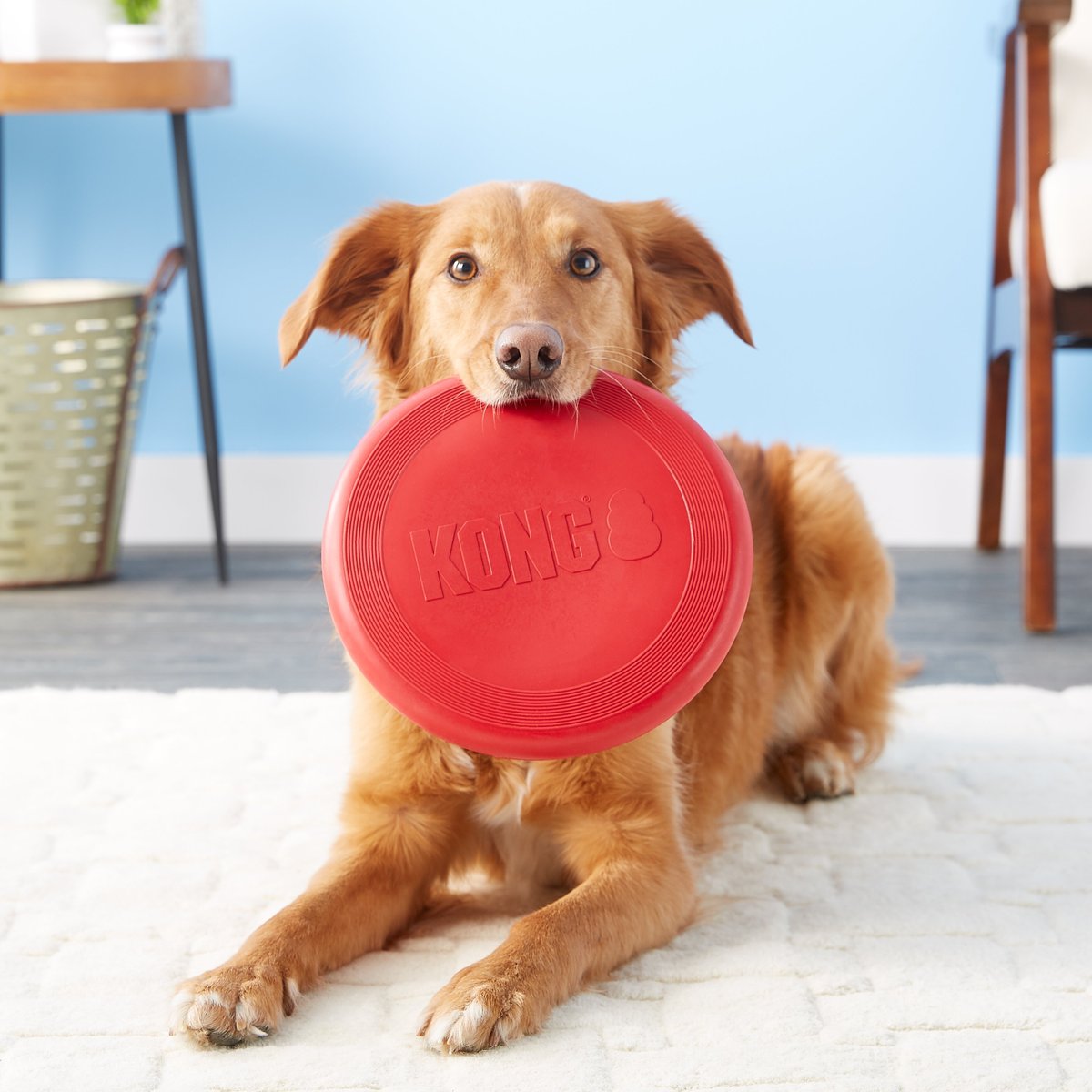
The Best Dog Toys for Every Playful Pup
Super-Charge Your Dog Walks with This Easy Exercise Routine
Ready to Hit the Trail With Your Pup? The Ultimate Guide to Hiking with Dogs
For cats...
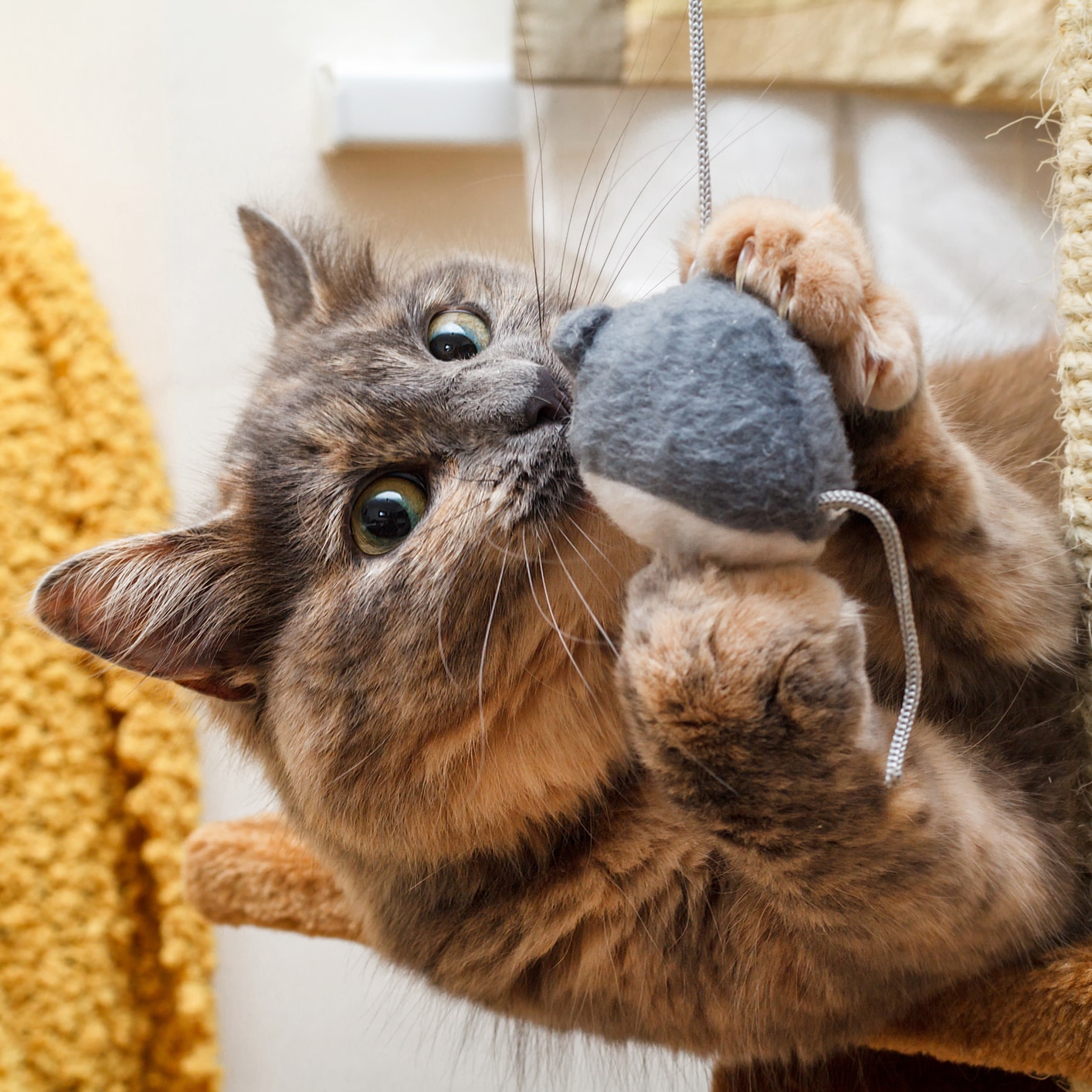
The Best Cat Toys for All Kinds of Playtime
Cat Exercise: 20 Ways to Keep Your Kitty Active
Hiking With Cats: How to Turn Your Kitty Into an Adventure Cat
Exercise not only burns off excess calories (and energy for puppies and kittens!), but it also helps pets sleep better and prevent behavioral problems and obesity. Plus, exercise strengthens your bond—and who doesn’t want that?
Dogs generally need anywhere from 30 minutes to two hours of activity every day, while cats should get about 30 minutes a day of exercise. Consider puzzle toys, too, which exercise pets' brains and can help slow down cognitive decline and dementia in senior pets.
Talk to your vet about your pet’s individual needs.
Grow
Click on the links to read more.
For puppies and kittens...
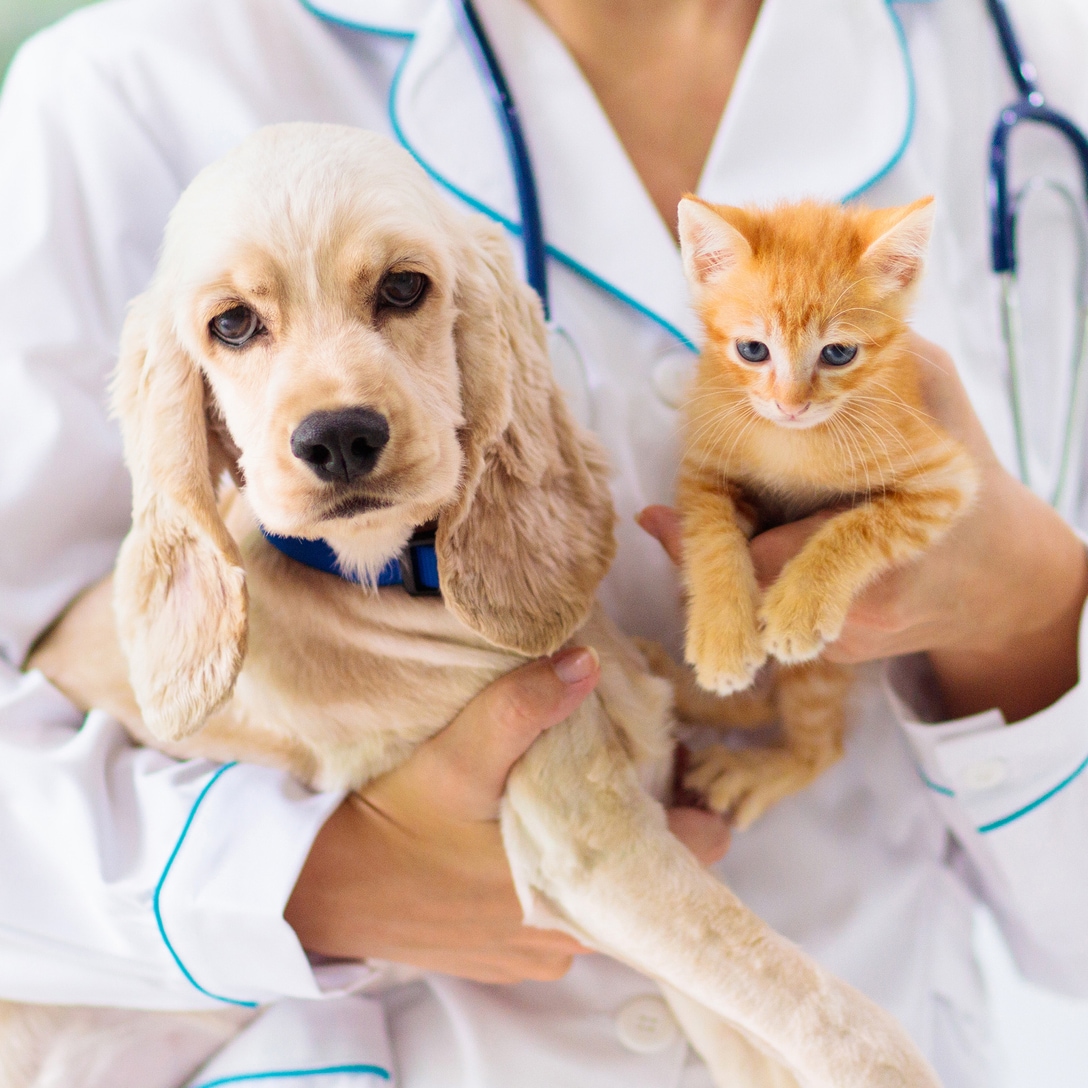
New Puppy Checklist: 9 Things You Need Before Bringing Home a New Puppy
Puppy’s First Vet Visit: What To Expect, Checklist and Tips
New Kitten Checklist: 11 Things You Need Before Bringing Home a New Kitten
What To Expect During Your Kitten’s First Vet Visit
For adult dogs and cats...
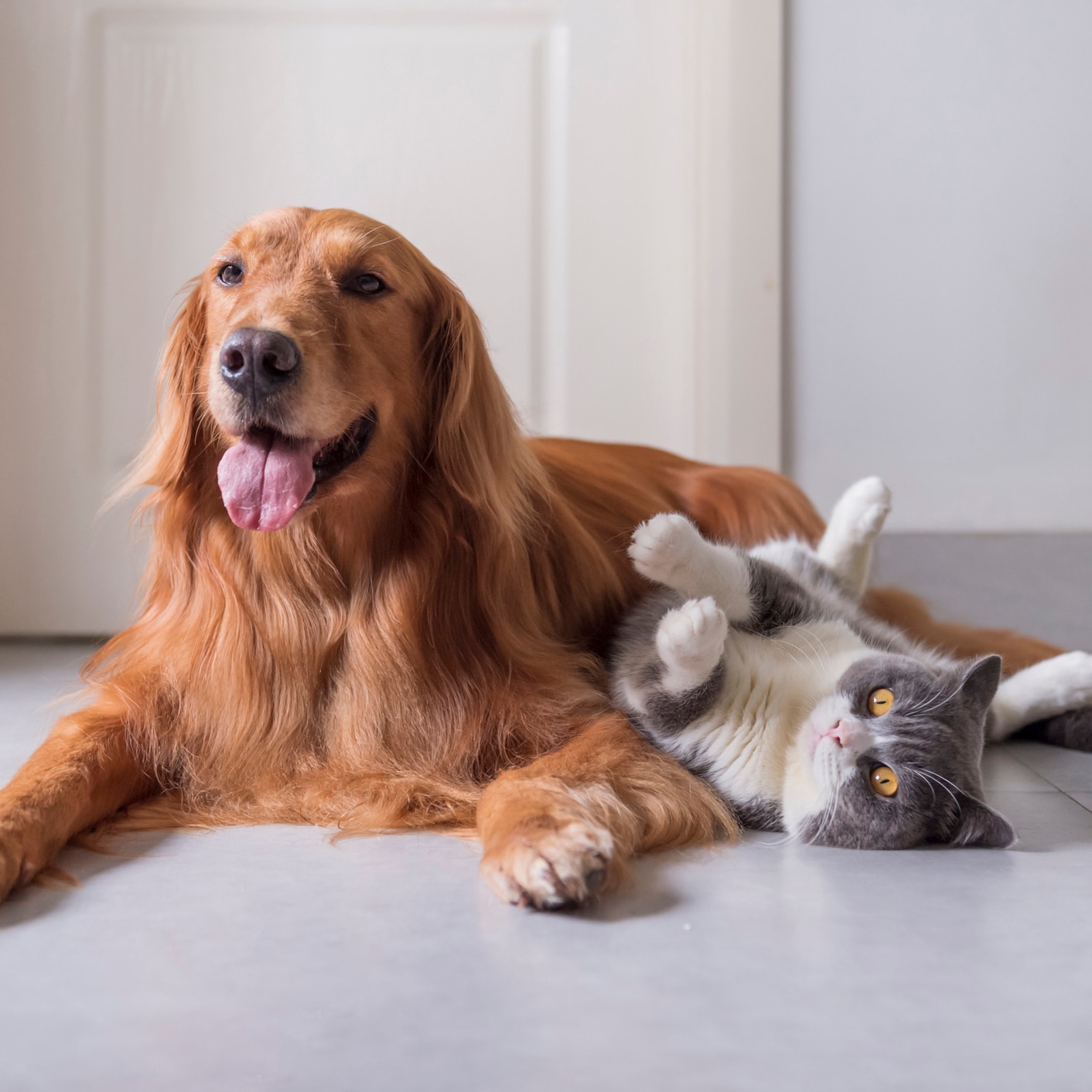
New Dog Product Checklist for Every Life Stage
New Cat Product Checklist for Every Life Stage
For senior pets...

12 Tips to Keep Your Senior Dog Healthy and Happy
10 Tips to Keep Your Senior Cat Healthy and Happy
For puppies and kittens, it's important they receive the right preventative care, such as vaccinations to protect them from heartworm and fleas and ticks, spaying or neutering, as well as continuing to take your pet in for vet check-ups.
As your pet grows older, it’s just as important to ensure your now-adult furry family member stays active—both physically and mentally—as well as receives appropriate vet care (including annual comprehensive exams and blood tests) so they thrive in their prime years.
As for senior pets? It’s essential to ensure they receive the right nutrition, exercise and mental enrichment to stay happy and healthy for only the best quality of life.
Thrive
Click on the links to read more.
Supplements

The Best Dog Vitamins and Supplements, According to Veterinarians
What Are Probiotics for Cats? And Can They Improve My Kitty’s Gut Health?
At home, consider proper grooming and dental care, such as brushing their coat and their teeth, as well as equipping them with pet health accessories, like elevated food bowls or bolster beds, for maximum comfort. And why not pamper your pet with a spaw day, too?
As for the vet, give your pet the best veterinary care possible. One way to stay on top of veterinary services is by regularly taking your pet to your pet wellness clinic or center for pet wellness exams, during which your vet will conduct a physical exam to check their weight, teeth, heart health and more. They may even recommend adding a supplement to your dog or cat’s diet. And while you may be brushing your pet’s teeth or giving them dental treats, professional dental cleanings are also a must to prevent dental diseases in both dogs and cats.
Play Pet Wellness Bingo
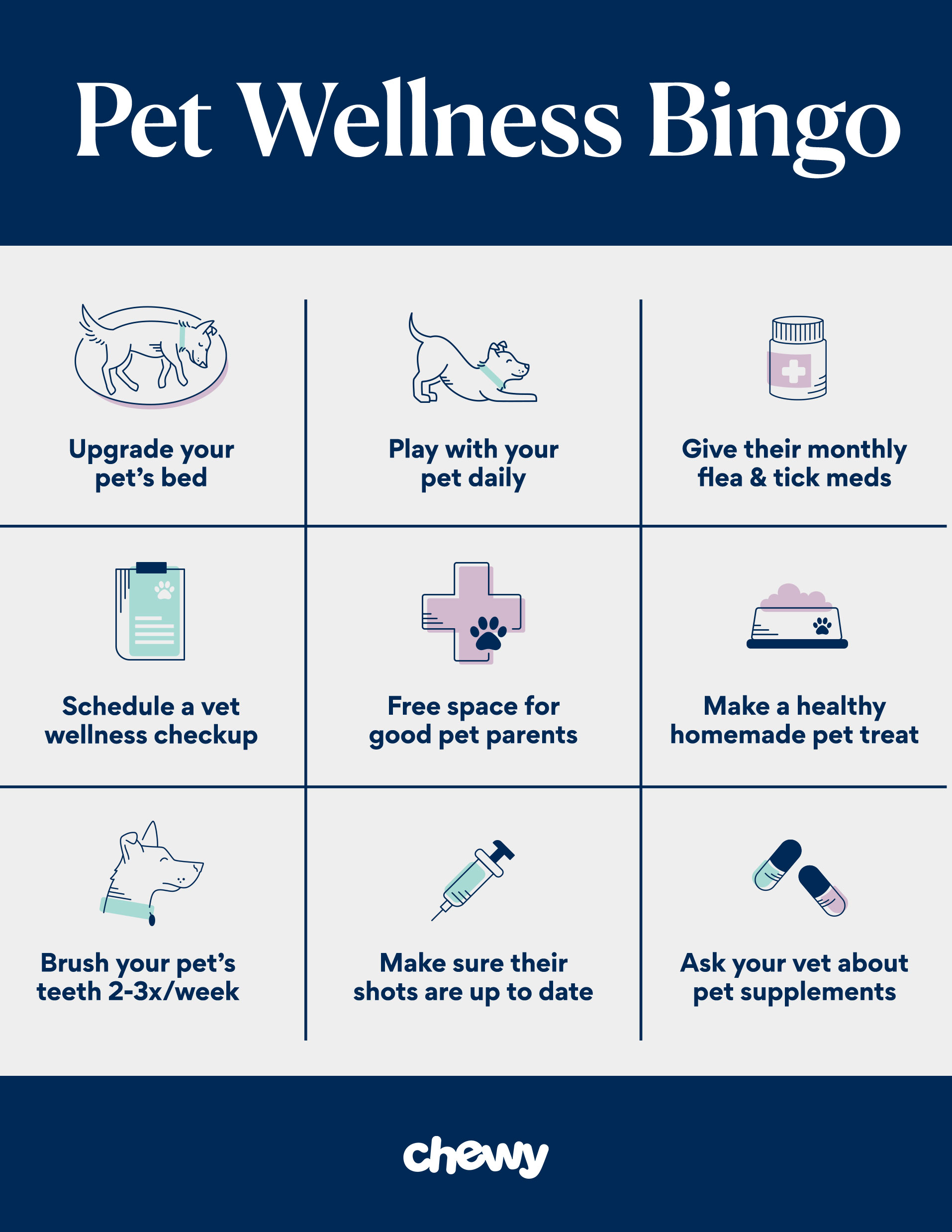
You can also download the Pet Wellness Bingo card to your device.
Products to Shop
For dogs:
For cats:
Share:

